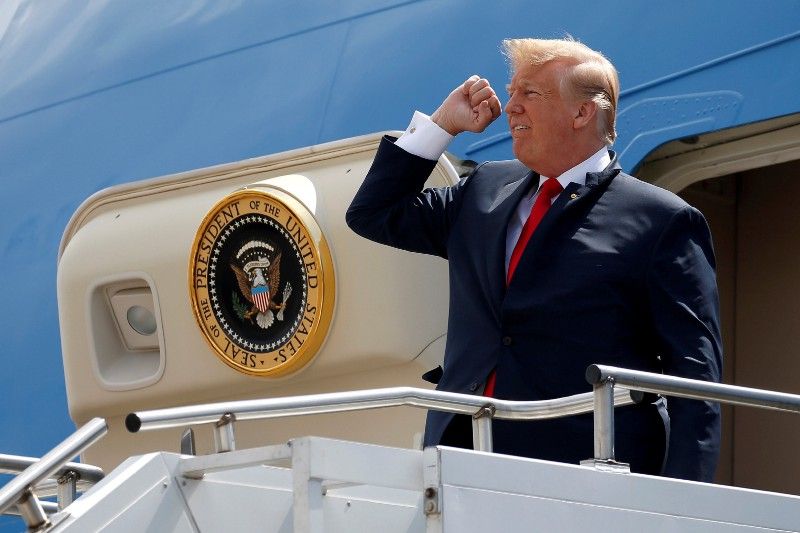June 01, 2018
Donald Trump is the first US president since the 1930s to reject the assumption that global leadership serves the US national interest. With today’s imposition of steel tariffs on the EU, Canada, and Mexico, he’s also taking a whole new approach to conflict.
Three quick thoughts:
- When headed into a fight, US presidents are traditionally quick to highlight the number and reliability of US allies, in part to reassure American voters that friendly governments agree on the need to fight and will share the costs and risks that fight entails. Trump, by contrast, wants Americans (and the world) to know that “friends are for snowflakes.”
- As Republican Senator Ben Sasse noted on Thursday, Trump is using the same tool — steel and aluminum tariffs — against US allies that he’s using against China, a strategic competitor.
- He’s ready to go toe-to-toe on trade with Europe, China, Canada, Mexico, and others simultaneously.
Is he right? Will this bold approach to putting America first benefit American workers and the US economy? We’re about to find out.
More For You
- YouTube
In this Quick Take, Ian Bremmer weighs in on the politicization of the Olympics after comments by Team USA freestyle skier Hunter Hess sparked backlash about patriotism and national representation.
Most Popular
Bad Bunny during the Super Bowl LX halftime show press conference at Moscone Center.
Kirby Lee-Imagn Images
100 million: The number of people expected to watch the Super Bowl halftime performance with Bad Bunny, the Puerto Rican superstar and newly minted Album of the Year winner at the Grammys.
Alysa Liu of Team USA during Women Single Skating Short Program team event at the Winter Olympic Games in Milano Cortina, Italy, on February 6, 2026.
Raniero Corbelletti/AFLO
Brazilian skiers, American ICE agents, Israeli bobsledders – this is just a smattering of the fascinating characters that will be present at this year’s Winter Olympics. Yet the focus will be a different country, one that isn’t formally competing: Russia.
What We’re Watching: Big week for elections, US and China make trade deals, Suicide bombing in Pakistan
Feb 06, 2026
Japanese Prime Minister Sanae Takaichi, president of the Liberal Democratic Party (LDP), appeals for a candidate during a street speech of the House of Representatives Election Campaign in Shintomi Town, Miyazaki Prefecture on February 6, 2026. The Lower House election will feature voting and counting on February 8th.
The Yomiuri Shimbun
Japanese voters head to the polls on Sunday in a snap election for the national legislature’s lower house, called just three months into Prime Minister Sanae Takaichi’s tenure.
© 2025 GZERO Media. All Rights Reserved | A Eurasia Group media company.
